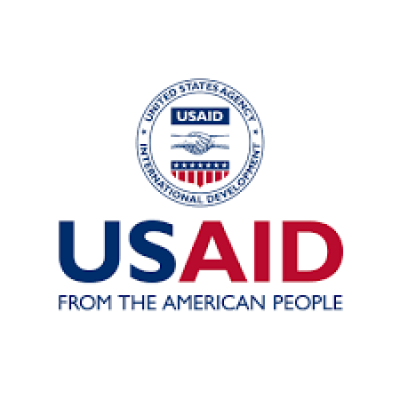Share
Print

Although Nicaragua has made progress in improving education and health services and establishing a free market economy since 1990, it remains the second poorest country in the Western Hemisphere, with significant social inequities, particularly in rural areas. One out of every six children in Nicaragua is malnourished. On the average, Nicaraguans complete fewer than five years of schooling. According to official government sources, the unemployment rate in Nicaragua is estimated at 7.8 percent, but this figure does not include an estimated 65 percent of workers employed in the informal sector. More recently, the 2011 and 2016 presidential and legislative elections and 2012 municipal elections were marred by significant irregularities. In 2014 the National Assembly approved constitutional changes that further weakened democratic institutions. Several human rights concerns also remain, including limits of freedom of expression and freedom of press, and the closing of civil society space.
To address these challenges, USAID/Nicaragua's five-year Country Development Cooperation Strategy (CDCS) addresses two development objectives:
1) To increase citizen’s ability to engage in democratic governance; and
2) To improve the safety and competitiveness of at-risk children and youth In the Caribbean Coast and targeted areas.
These two development objectives focus on democracy, governance, education, and citizen security. More specifically activities aim to:
Promote democracy by training young, emerging democratic leaders and provide technical assistance to bolster civil society engagement and improve local governance.
Increase citizen support for the right to freedom of expression and access to public information.
Provide educational opportunities for at-risk youth through scholarships for children in grades 4-6 and for high school students in Nicaragua’s Autonomous Caribbean Coast Region and targeted areas that are highly vulnerable to drug trafficking.
In addition, through USAID’s regional activities, it also supports HIV/AIDS and Zika prevention projects.
